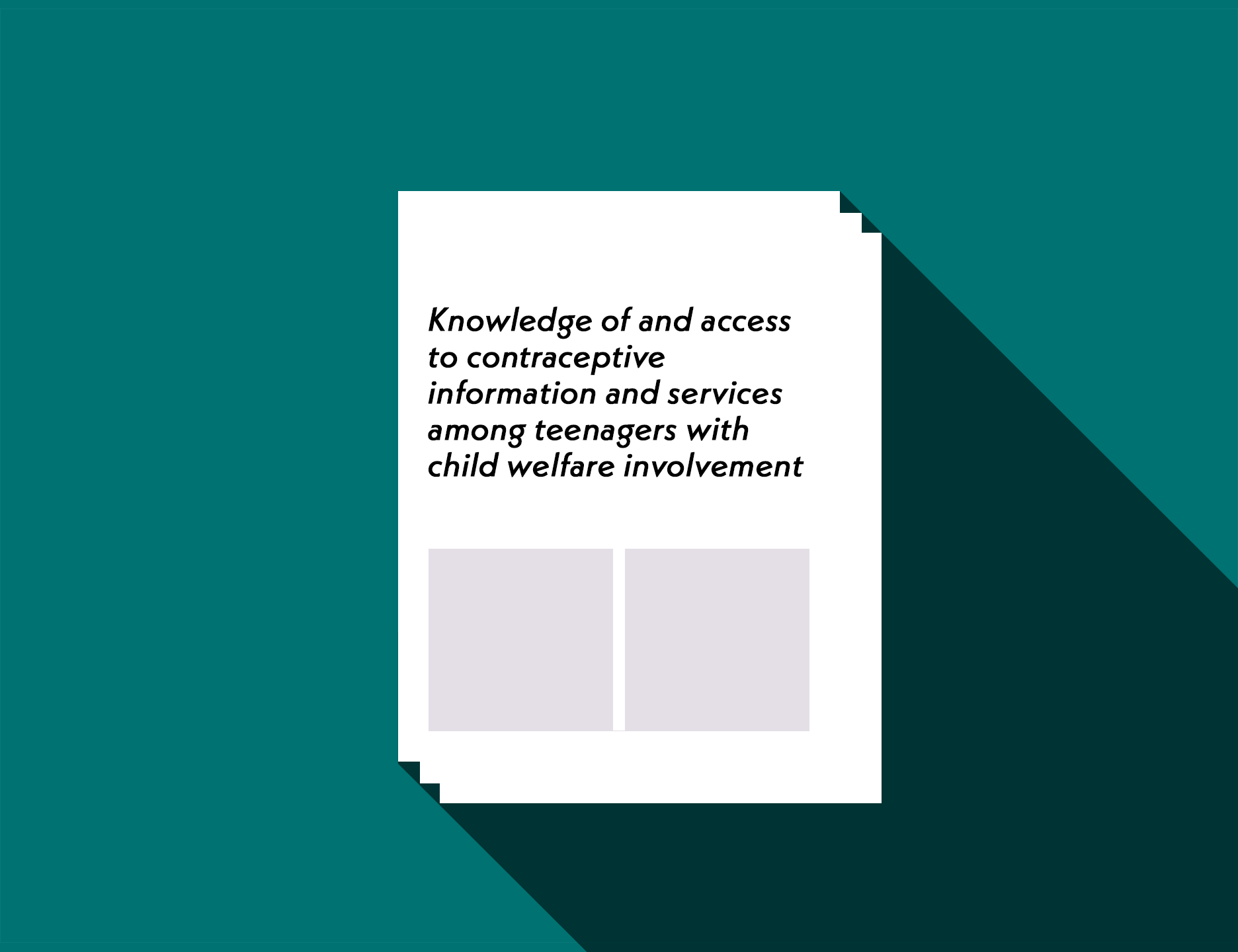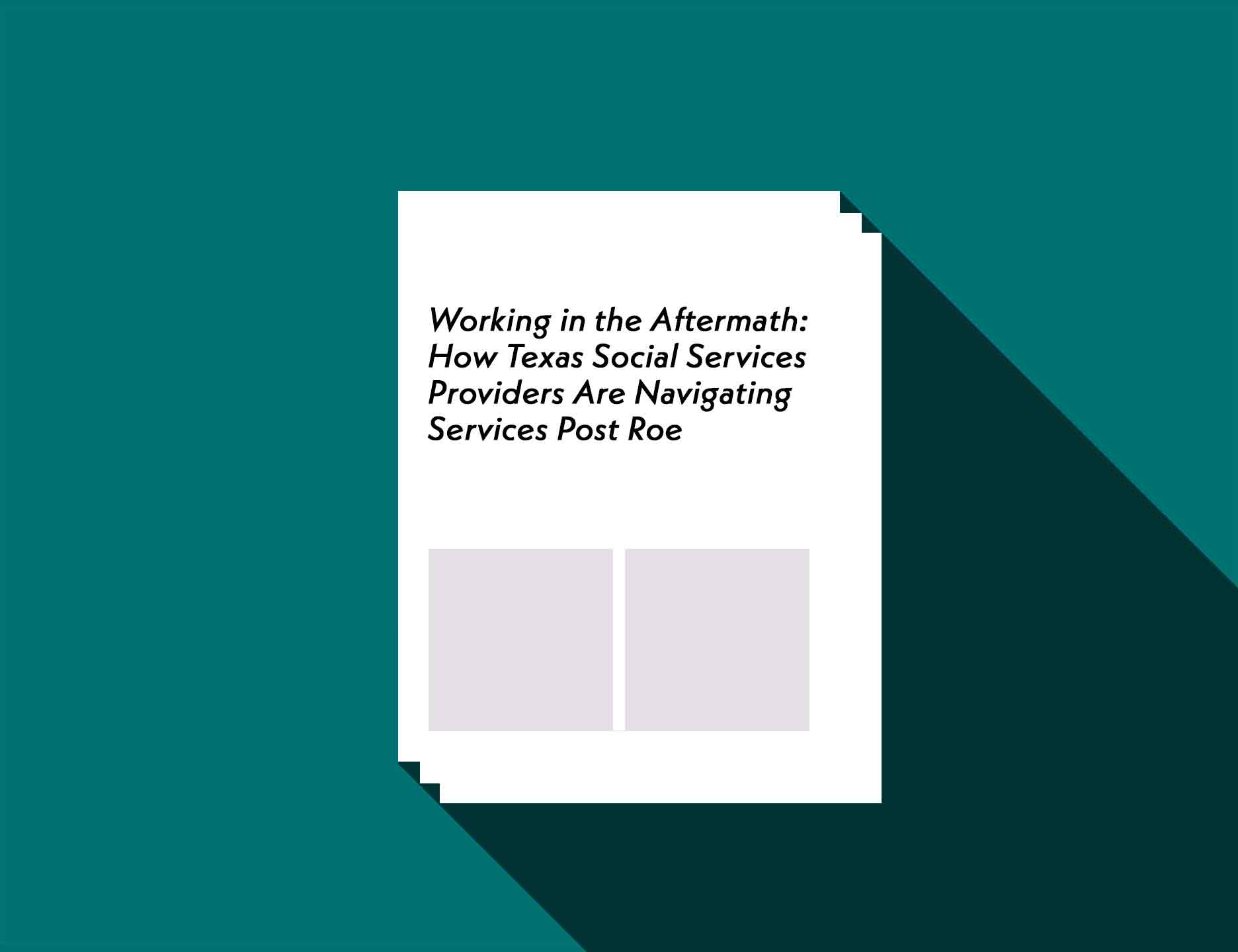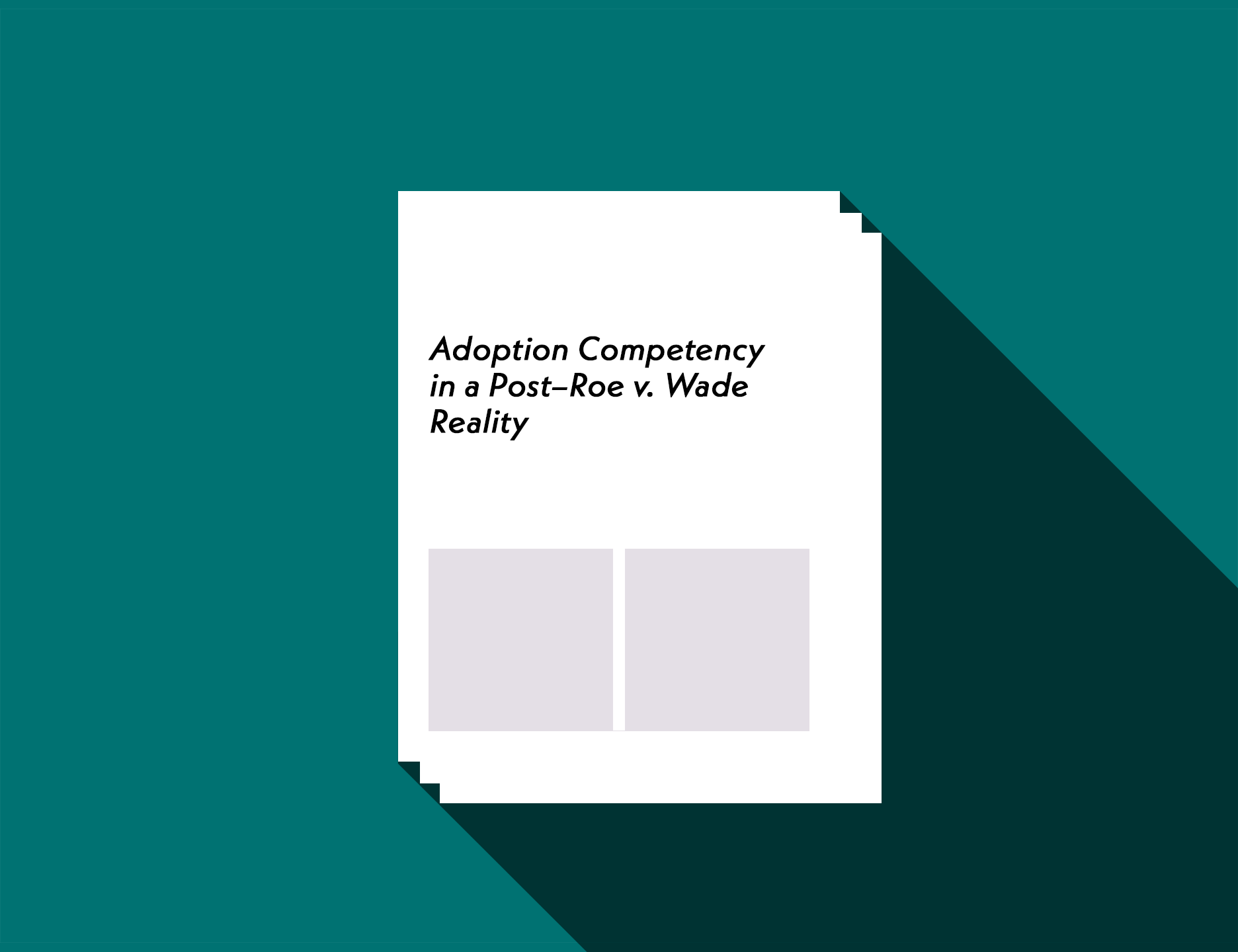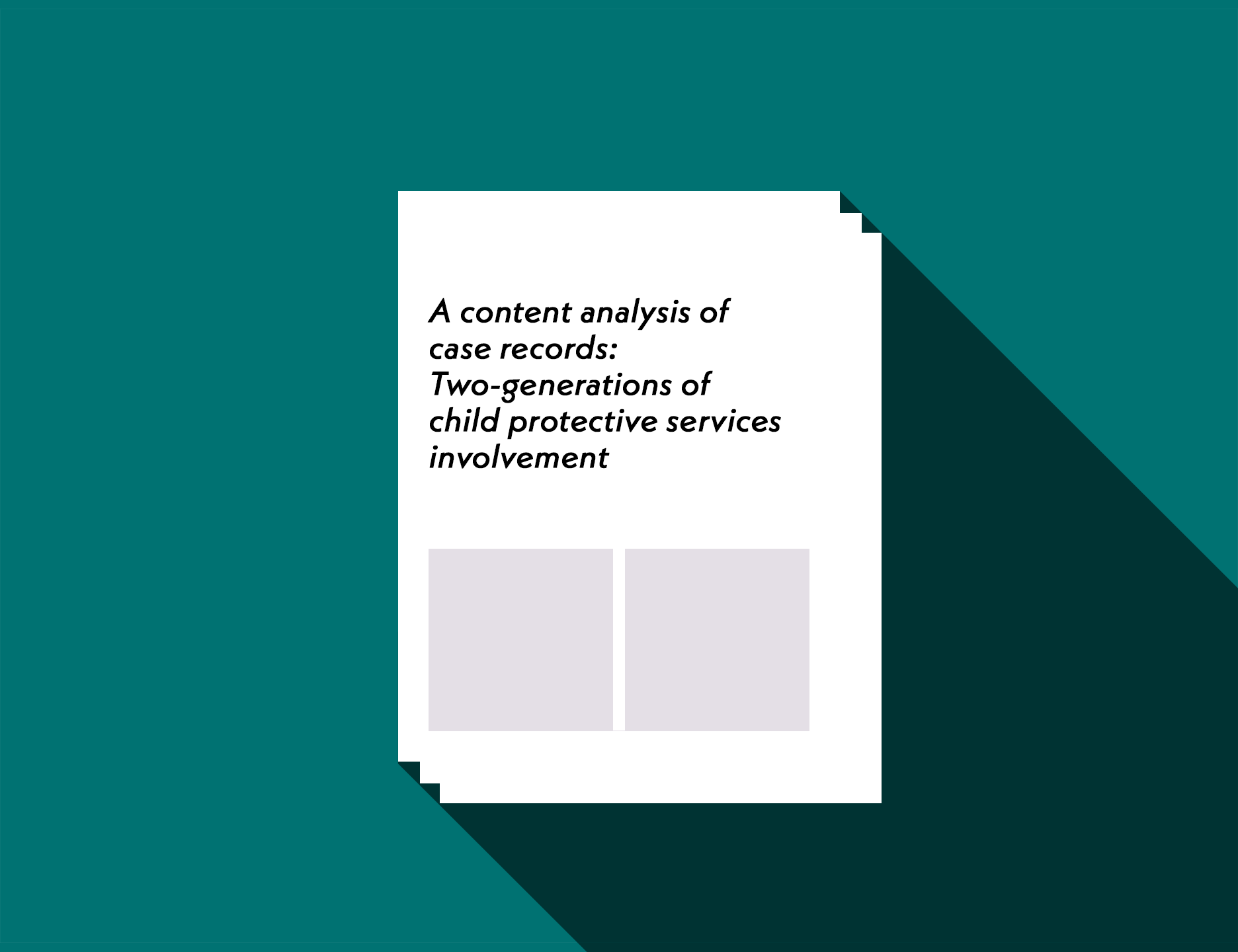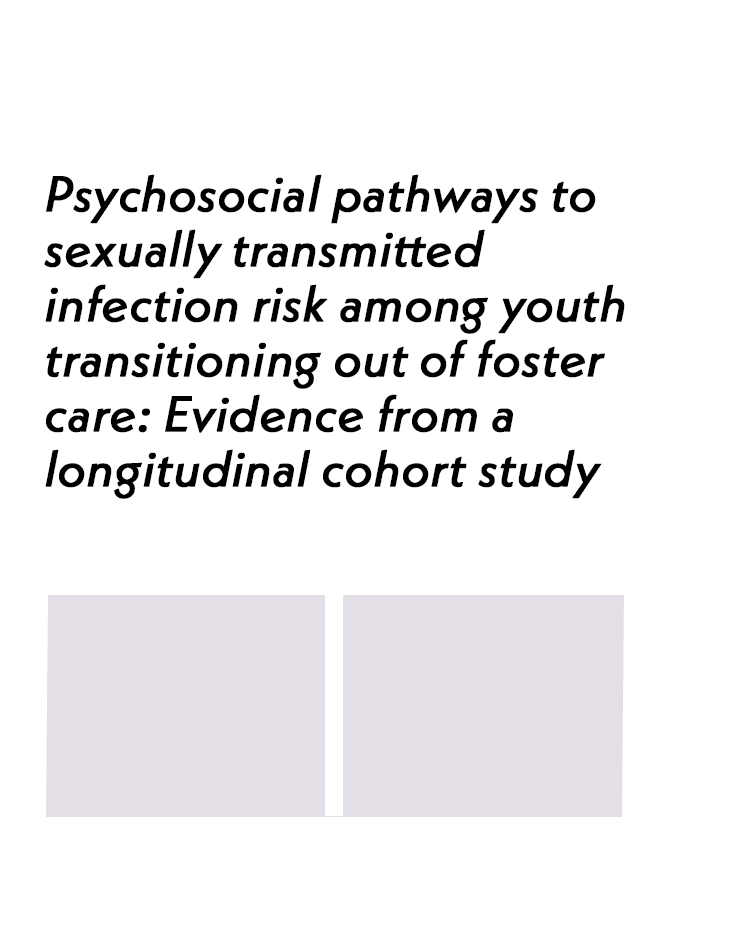
Psychosocial pathways to sexually transmitted infection risk among youth transitioning out of foster care: Evidence from a longitudinal cohort study
Journal of Adolescent Health, 2013
Kym R Ahrens, Cari McCarty, Jane Simoni, Amy Dworsky, Mark E Courtney
Suggested Citation
Ahrens, K. R., McCarty, C., Simoni, J., Dworsky, A., & Courtney, M. E. (2013) Psychosocial pathways to sexually transmitted infection risk among youth transitioning out of foster care: Evidence from a longitudinal cohort study. J Adolesc Health, 53(4), 478-85. doi: 10.1016/j.jadohealth.2013.05.010
Conclusions
Interventions/policies that (1) address externalizing trauma sequelae; (2) promote close, stable substitute caregiver relationships; and (3) extend care to age 21 years have the potential to decrease STI risk in this population.

